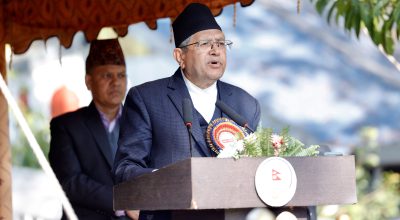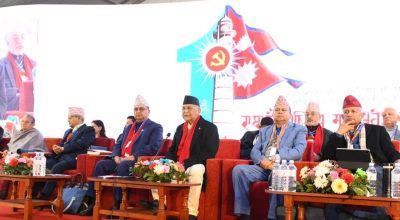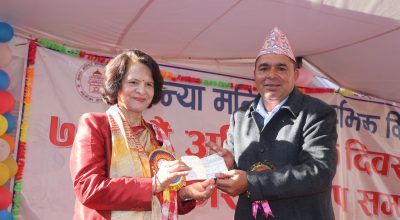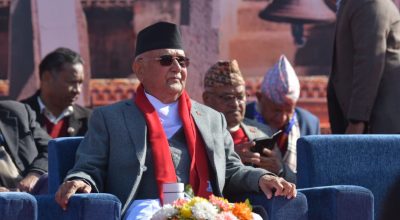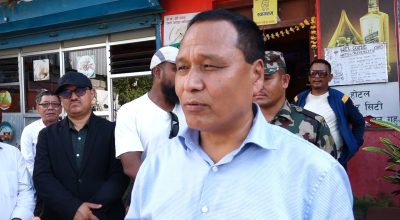
Baku: The United Nations Development Programme (UNDP) will serve as the support agency for the newly launched G7 Adaptation Accelerator Hub, announced today at COP 29 in Baku. UNDP’s involvement will be pivotal in providing comprehensive technical and implementation support to operationalize the Hub and assist developing countries in scaling up their adaptation efforts.
The G7 Adaptation Accelerator Hub, which builds on the commitment made at the April 2024 G7 Climate, Energy, and Environment Ministerial meeting in Venaria Reale under Italy’s Presidency, was officially launched with significant new support pledged by G7 countries. These contributions include both new funding and the alignment of existing adaptation finance programs with the objectives of the Hub.
“The G7 Adaptation Accelerator Hub is a pivotal initiative for strengthening investment strategies, and mobilizing and crowding-in finance to drive climate adaptation action in the most vulnerable communities and countries” stated Marcos Neto, Assistant Secretary-General and Director of UNDP’s Bureau of Policy and Programme Support.
As part of the launch, Italy announced a new bilateral partnership with Ethiopia to develop an investment strategy targeting priority adaptation projects. This strategy aims to mobilize public and private financial resources by engaging national and international financial actors. Italy also signaled its intent to support specific projects through the Italian Climate Fund, its main public instrument for advancing international climate and environmental goals, aligned with its “Mattei Plan” for African development.
G7 members, developing countries, multilateral development banks (MDBs), climate funds, philanthropies, and the private sector are demonstrating their dedication to scaling up adaptation investment and implementation through innovative blended finance approaches.
The United States pledged support for six countries through investment planning facilitated by the NAP Global Network. The European Union committed to assisting two African nations through its Team Europe Initiative on Climate Change Adaptation and Resilience, while France affirmed its enhanced commitment to the Bangladesh Climate and Development Platform. Japan outlined its plans to strengthen climate resilience across the Asia-Pacific region, specifically through its Early Warning Systems through Public-Private Partnerships initiative, aiming to fortify early warning systems in several ASEAN countries by 2025.
Canada highlighted its recently launched GAIA initiative, a US$1.48 billion blended finance platform designed to drive climate-focused investments in vulnerable regions. This commitment signals the long-term prioritization of adaptation finance, including support through the Hub, and signals strong continuity as Canada prepares to assume the G7 Presidency in 2025.
G7 member countries were joined by developing country partners including Ethiopia, Tuvalu, and Côte d’Ivoire, who shared concrete long-term adaptation plans transformed into bankable projects and innovative financing strategies. These examples demonstrate how blended financing mobilized through platforms like the Hub can deliver real impact.
Significant commitments to collaborate were also signaled from the African Development Bank, Asian Development Bank, European Investment Bank, Green Climate Fund, and Gates Foundation, reinforcing the Hub’s blended-finance objectives to support adaptation. #Baku #COP29







